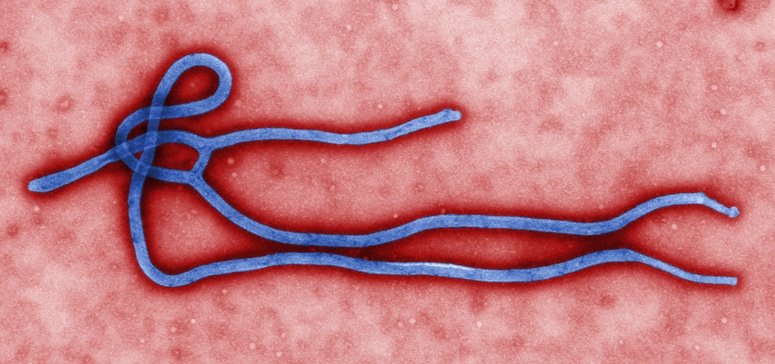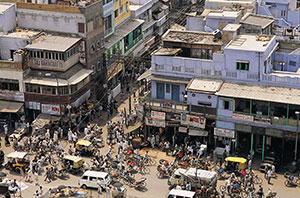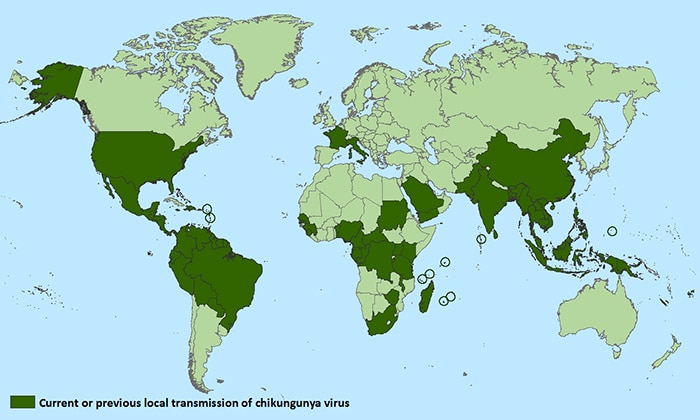Archive for January, 2016
Ebola: As the epidemic that killed more than 11,000 people in 2 years begins to fade into history, the virus remains hidden in animal reservoirs, and is almost certain to spill over into humans again.
Thursday, January 14th, 2016** “…Wild gorillas and chimpanzees in central Africa have experienced occasional Ebola outbreaks. But like humans, these species are too ravaged by the virus to serve as its natural host. Experts say that a reservoir species is likely to harbour the virus only at low levels, and without becoming sick. The leading candidates are several species of fruit bat from across central and West Africa — where all known Ebola outbreaks have originated — that are often hunted for meat….”

Saudi Arabia Ministry of Health: Country’s first MERS-CoV case of 2016 (an 85-year-old man who had contact with camels before he got sick).
Wednesday, January 13th, 2016Quetta, Pakistan: A suicide bomber kills at least 15 people, most of them police, and wounds about 25 others outside a polio eradication center on Wednesday
Wednesday, January 13th, 2016https://www.youtube.com/watch?v=s2hqApLaWTw
Global Health Significance: “….Teams in Pakistan working to immunize children against the virus are often targeted by Taliban and other militant groups, who say the campaign is a cover for Western spies, or accuse workers of distributing vaccines designed to sterilize children…….Pakistan and neighboring Afghanistan are the only two countries in the world where polio remains endemic…….”
CDC: Motor vehicle crashes are the #1 killer of healthy US citizens in foreign countries.
Wednesday, January 13th, 2016CDC: International Road Safety
Follow these tips to minimize your risk of being injured in a car crash while you’re on vacation.

Most people think about travel vaccines when they’re planning an international trip, but few people consider the possibility that they might be involved in a car crash. Motor vehicle crashes are the leading cause of death among healthy travelers, and no vaccine can prevent a car wreck. Fortunately, a little bit of knowledge and awareness can go a long way toward keeping you safe.
Just the Stats
Each year, 1.3 million people are killed and 20–50 million are injured in motor vehicle crashes worldwide. Most (85%) of these casualties occur in low- or middle-income countries, and 25,000 of the deaths are among tourists. Nearly half of medical evacuations back to the United States are the result of a car crash, and a medical evacuation can cost upward of $100,000.
Why Are Car Crashes a Risk for Travelers?
More and more people are driving cars and riding motorcycles in developing countries, and these countries are an increasingly common destination for US tourists. Roads in these countries may be poorly maintained, and traffic laws may be haphazardly followed or enforced. A crash in a developing country is more likely to be fatal because emergency care may not be readily available. It may take a long time to get to a center that can provide appropriate care, and care, where available, may not be up to US standards.
Tourists may get behind the wheel in a foreign country without being adequately informed of local traffic laws, they may not be accustomed to driving on the left, or they may be driving vehicles (such as rented motorcycles or scooters) that they do not know how to properly operate. In addition, the excitement of being on vacation may encourage travelers to engage in risky behaviors, such as drinking and driving, that they would never do at home.
What Can I Do to Avoid a Crash?

Take the following steps to minimize your risk of being injured in a crash while you’re on vacation:
- Always wear seatbelts and put children in car seats.
- When possible, avoid riding in a car in a developing country at night.
- Don’t ride motorcycles. If you must ride a motorcycle, wear a helmet.
- Know local traffic laws before you get behind the wheel.
- Don’t drink and drive.
- Ride only in marked taxis that have seatbelts.
- Avoid overcrowded, overweight, or top-heavy buses or vans.
- Be alert when crossing the street, especially in countries where people drive on the left.
Following these tips is the best way you can keep from getting in a motor vehicle crash and ensure a safe and healthy vacation. (But don’t forget your travel vaccines, either!)
More Information
- Global Road Safety
- Motor Vehicle Safety
- The Association for Safe International Road Travel
- Make Roads Safe: The Campaign for Global Road Safety
- CDC Travelers’ Health
- Injuries and Safety from CDC Health Information for International Travel 2012 (Yellow Book)
1/12/2010: M7.0 earthquake devastates Haiti leaving over 200,000 people dead and some 895,000 Haitians homeless.
Tuesday, January 12th, 2016Officials with CDC have confirmed a case of Zika virus in a traveler from Texas who recently returned from Latin America.
Tuesday, January 12th, 2016“….The illness was first identified in the Americas less than two years ago and has spread rapidly across South and Central America. Since the first local case of Zika was detected in Brazil last May, health officials estimate between 440,000 and 1.3 million people there have caught it….”


 \
\


